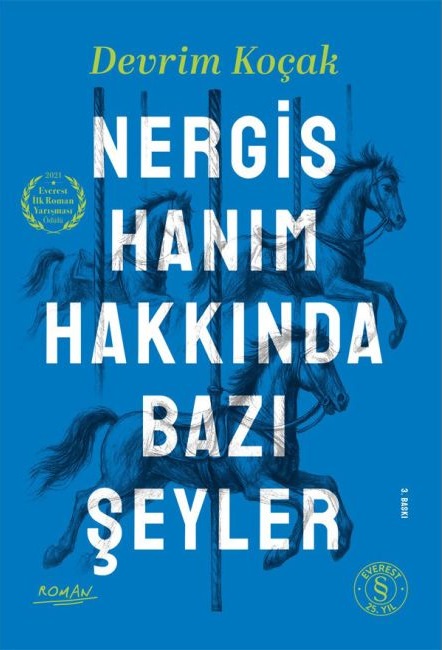In Mikhail Bulgakov’s The Master and Margarita, is Woland’s justice focused on punishing rather than transforming people? Or are his punishments a means of enlightenment?
Woland, the demonic figure in Mikhail Bulgakov’s The Master and Margarita, is a character with a deep philosophical function that transcends traditional representations of evil. His understanding of justice is not limited to simply balancing crime and punishment; rather, it is a mechanism that exposes man’s moral decay and forces him to confront his own truth. Rather than punishment, Woland’s interventions serve a function of revealing man’s inner contradictions and triggering transformation. In this context, his justice can be interpreted as a didactic means of enlightenment.
- Woland’s Justice: Destructive or Constructive?
Woland’s presence in Moscow exposes the hypocrisy, greed, and fears of society. However, this exposure is not a mere punishment, but an exposure of the truth. For example:
Variete Theater Scene: While people dream of getting rich with Woland’s magic show, in the end they are left with only worthless pieces of paper. Here, punishment is a result of people’s own greed; Woland only unmasks this greed.
Berlioz’s Fate: Berlioz, who is firmly committed to the materialist worldview, falls victim to his own lack of faith. Woland does not condemn him to death; Berlioz’s own dogmatism destroys him.
These examples show that Woland’s punishments are the result of man’s own actions. Woland only serves as a mirror reflecting the truth.
- The Illuminating Function of Punishment: “Pain Opens the Door to Truth”
Woland’s understanding of justice is similar to Hegelian dialectics: Man can only make progress by confronting his contradictions.
Pontius Pilate Example: Pilate suffers from remorse for two thousand years due to his cowardice. However, this punishment is a process of purification. At the end of the novel, when the Master forgives Pilate, the punishment turns into salvation.
Margarita’s Ball: Margarita feels Gretchen’s (the baby killer) pain and forgives her. Here, the punishment turns into a moment of enlightenment through mercy.
Woland’s punishments force him to transform by making him see the dark side of man. This reflects a Dostoyevskian understanding of evil: Evil is a necessary test for man to reach moral maturity.
- The Metaphysical Role of Evil: “The Devil is the Shadow of God”
Unlike the traditional devil figure, Woland is part of the divine order. In his dialogue with Jesus (Yeshua) in the Bible, he says:
“And what about the powers that govern people? If all this did not exist, nothing would exist.”
This reflects a dualistic understanding of the universe: Good and evil complement each other. Woland’s punishments occur as a result of man’s free will. As Augustine said, evil is not the absence of good, but a necessary contrast for its understanding.
- Is Woland’s Justice a Way of Salvation?
Woland’s justice is a means for man to discover himself.
Those who refuse change (Berlioz, Likhodey) perish.
Those who accept confrontation (Margarita, The Master) reach truth and peace.
In this context, Woland is a teacher rather than a judge. Bulgakov implies that the ultimate goal of even evil is a divine order. Woland’s punishments are a test that forces a person to make choices with their own free will and suffer the consequences.
Woland’s justice serves enlightenment rather than punishment. His interventions are a philosophical provocation that invites a person to confront their own darkness.


